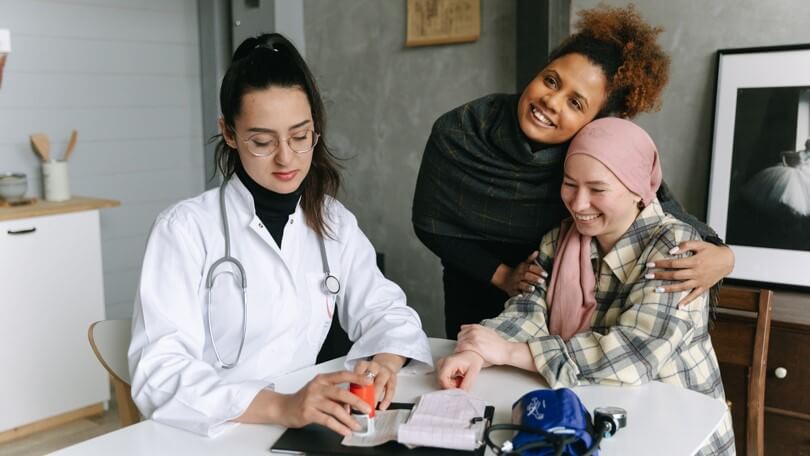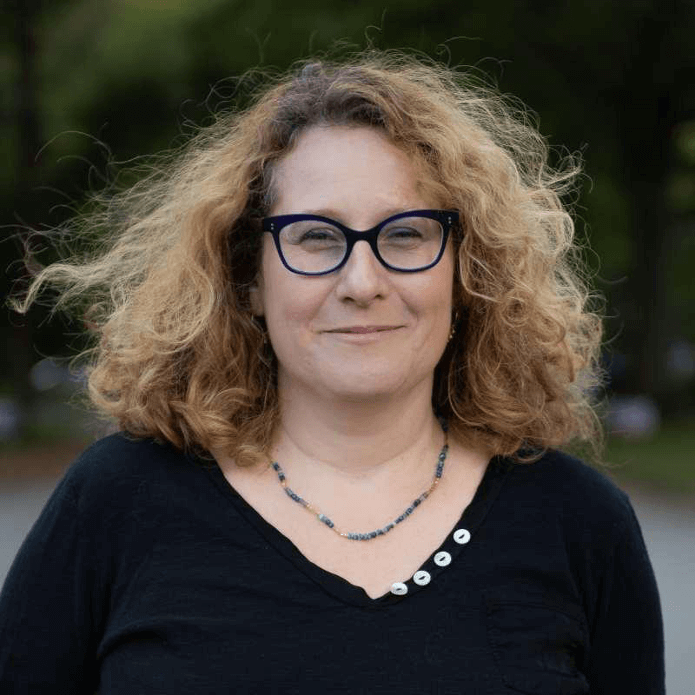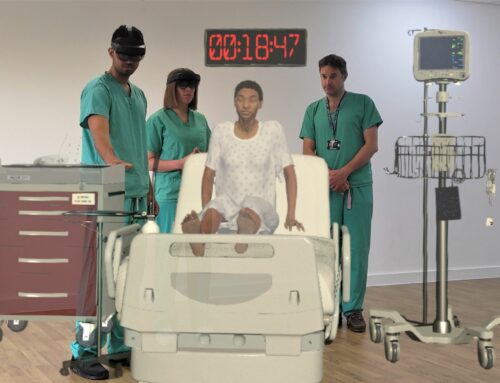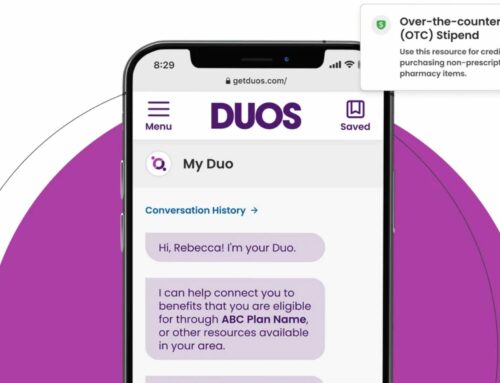 By Tzvia Bader, CEO and co-founder at TrialJectory |
By Tzvia Bader, CEO and co-founder at TrialJectory |
COVID-19 accelerated what was already a trend among cancer patients to take a more active role in their treatment planning. As a cancer survivor, I cannot stress enough how critical patient involvement is during the entire treatment evaluation process.
I frequently use the examples of buying a new home or planning a trip. Would you give a realtor a blank check and ask him or her to buy you a home without first providing the realtor with your own guidance or input? Would you agree to go on a vacation booked by a travel agent whom you have never spoken with to explain where you want to go?
Of course not. You would never think to make these life-impacting decisions without contributing your thoughts and feedback beforehand. But now, take a closer look at how treatment decisions are made for cancer patients.
The cancer treatment journey begins quickly after diagnosis. The doctor reviews the patient’s clinical background and then prescribes a course of treatment. The patient, eager to start treating his or her illness, agrees to follow the regimen outlined by the doctor.
You may be surprised to learn that patients and caregivers, rarely if at all, challenge their doctor. It’s just assumed that the doctor holds all the knowledge. There is a confidence in the doctor’s recommendation – they know the best possible therapy to treat every patient’s cancer. There are no other options, otherwise the doctor would present them. Patients go along, don’t ask questions or even think about proposing a treatment not shared by their doctor.
At the same time, doctors aren’t proactively seeking input from the patient about treatment options. So, naturally, the doctor becomes the primary decision-maker on behalf of the patient.
Imagine being a cancer patient, fighting for your life and not being able to contribute to decisions about the treatment that will affect your survival. Now, imagine being a patient who actually has an opinion about a treatment but lacks the confidence to speak up. Instead, you listen, take direction and follow the doctor’s orders.
Navigating cancer is hard enough, but the feeling that you don’t have a voice or the opportunity to contribute to decisions about your care is discouraging, frustrating and, for some, extremely scary, especially given the fear of the unknown.
Thankfully, we’re seeing a shift in the doctor / patient dynamic. Patients are more empowered now than ever before following COVID, and doctors are more open to partnering with them about their treatment plans. This approach creates a mutually beneficial situation for both stakeholders.
Involved Patients Improve Outcomes
On-demand access to trusted healthcare information has helped re-align the doctor / patient relationship. It has not only improved accessibility to treatment, but it has improved the type of information and the methods used by other patients to validate their findings. When it comes to treatment options, it’s no longer enough to just know what’s available. Decisions to take action are based on input from other patients and clinical resources.
An informed patient is an empowered patient, and an empowered patient has the confidence to take a more active role in decisions about his or her healthcare.
The benefits of being an involved patient may be obvious – like anything else, the feeling of inclusion, or like your opinion matters, naturally generates a feeling of trust and validity. Patients are contributing to discussions that have a direct impact on their well-being. There is something powerful that happens when a patient, or anyone, is able to advocate for his or herself.
The level of engagement and commitment increases when patients are contributing members of the team fighting to beat their disease. Partnership and collaboration create a unified front focused on achieving the best possible outcome. The overall experience can be motivating and rewarding, which can improve mental, emotional and, ultimately, physical health.
It’s important to note that this new approach also benefits the doctor. The most notable impact is the ability to fill the physician knowledge gap about oncology research. It’s no longer safe to assume that your doctor is aware of every available treatment option.
Oncologists will be the first to admit that their bandwidth is even more limited than before, especially when it comes to treating patients in a post-pandemic healthcare environment. These circumstances make it even less likely that your doctor has a complete picture of all the new therapies that exist beyond the standard of care.
Circumstances have shifted so much that the number of oncologists encouraging their patients to research and share their findings about new therapies continues to increase. With the right tools, an informed patient can be an invaluable resource. Educated patients maximize appointments with their doctors by spending time reviewing and discussing impactful information about potential treatments.
Many patients share information prior to their appointments, giving their doctors time to review, research and provide guidance and feedback at the next visit. These circumstances help to establish a true partnership between the patient and doctor. What could be more beneficial than that?
I highly encourage all patients to invest in their healthcare as much as possible. I also recommend bookmarking trusted tools like Trialjectory when you start to conduct research about your cancer. I am a cancer survivor with firsthand experience trying to navigate overwhelming amounts of information.
I quickly realized that patients needed reliable, easy-to-use tools that provide value and support for some of the most critical decisions that they’ve ever made. Trialjectory is designed to be just that – a virtual, decision-making platform that’s helping cancer patients to navigate some of the most challenging experiences of their lives. The platform is meant to prepare the patient to enter into treatment discussions with the utmost confidence.
Homebuyers use Zillow, vacationers use Kayak, and now cancer patients have options like Trialjectory. Patients need to be heard, because it’s their cancer diagnosis, their treatment and their decision.
 About the Author
About the Author
Tzvia Bader is CEO and co-founder of TrialJectory, an AI-powered, decision-making platform that connects cancer patients to advanced treatment options and helps to accelerate clinical research timelines.












